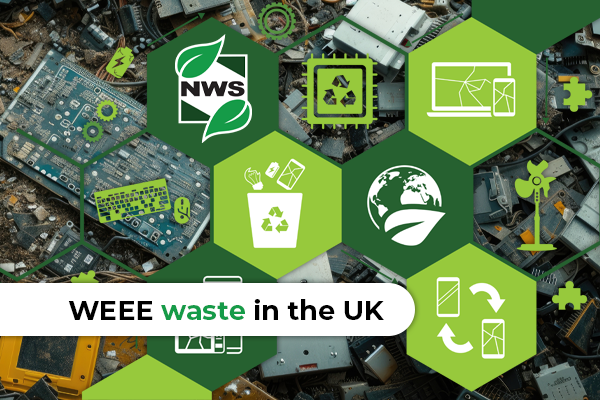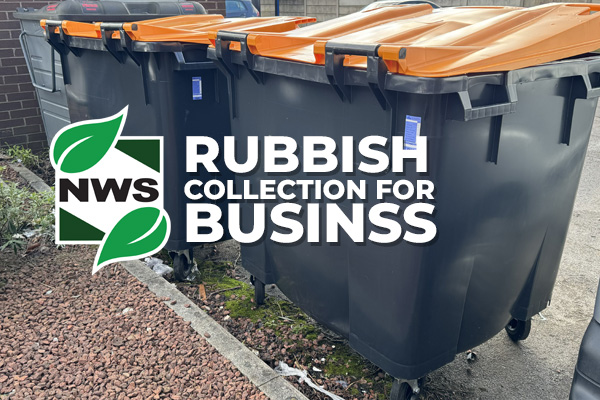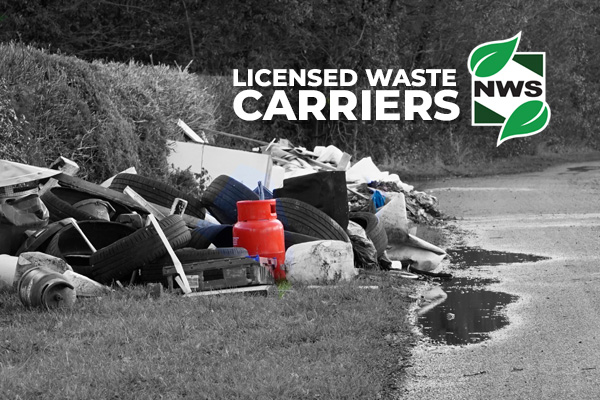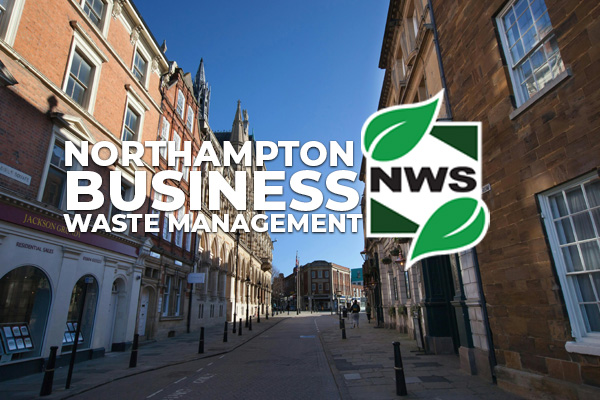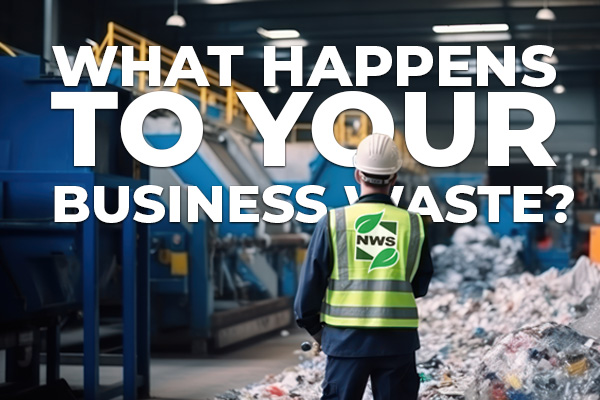Leading the Charge in Waste Reduction
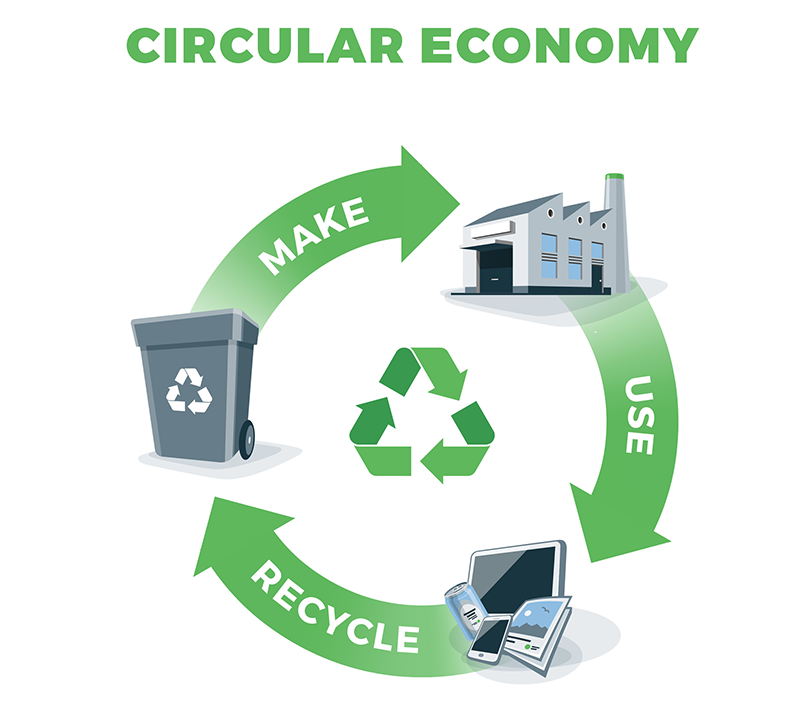
In the face of escalating environmental concerns, small businesses in the UK are being challenged to rethink their waste production methods. By adopting sustainable practices, these enterprises can play a significant role in preserving our environment and conserving valuable resources. This Nationwide Waste Services article explores simple and practical ways for small businesses to optimise waste production, Nurturing Sustainability as a Small Businesses, reduce their environmental impact, and contribute to the circular economy – a transformative model that champions the transition from waste to valuable materials.
Understanding the Circular Economy
At its core, the circular economy seeks to eliminate the concept of waste. Unlike the linear economy, where products are created, used, and then discarded, the circular economy promotes a closed-loop system. In this system, products and materials are designed for longevity, reuse, and recycling. Businesses can actively participate in this model by embracing three key principles: reduce, reuse, and recycle.
Reducing Waste: A Fundamental Shift
Reducing waste is the cornerstone of sustainable business practices. Small businesses can initiate this transformation by first conducting waste audits. By assessing the types and quantities of waste generated, companies gain insights into areas that need improvement. Encouraging employees to minimize paper usage, switch to digital communication, and avoid single-use plastics are fundamental steps toward waste reduction.
Embracing the Power of Reuse
The art of reusing materials is a pivotal aspect of the circular economy. Small businesses can implement practices like reusing packaging materials, refurbishing office furniture, and repurposing products. By extending the lifespan of materials, businesses conserve resources and minimize their environmental footprint.
Recycling: Closing the Loop
Proper recycling practices ensure that materials have a second life. Small businesses can facilitate recycling by providing designated recycling bins, educating employees about segregation, and partnering with local recycling facilities. By recycling materials such as paper, plastics, and electronics, businesses contribute to a sustainable ecosystem while conserving raw materials.
Nurturing Sustainability as a Small Businesses
Small businesses can leverage their purchasing power to drive sustainable practices. Opting for eco-friendly suppliers who prioritise recycled or biodegradable materials not only reduces waste but also supports businesses that adhere to responsible production methods. By investing in sustainable procurement, small businesses contribute to the demand for environmentally friendly products, encouraging further innovation in this field.
Energy Efficiency: Illuminating the Path to Sustainability
Energy efficiency is a key component of waste reduction. Small businesses can implement energy-saving measures such as using LED lighting, investing in energy-efficient appliances, and optimizing heating, ventilation, and air conditioning systems. By conserving energy, businesses not only reduce their carbon footprint but also cut down on operational costs, leading to long-term financial sustainability.
Engaging the Community and Building Partnerships
Community engagement is a powerful tool for small businesses looking to enhance their environmental impact. Collaborating with local organizations, participating in environmental initiatives, and educating the community about sustainable practices can create a ripple effect. Building partnerships with local waste management authorities and recycling facilities fosters a sense of shared responsibility and strengthens the collective effort toward a greener future.
Educating the Workforce: Empowering Change Agents
Educating employees about the importance of waste reduction and sustainable practices is fundamental. Small businesses can organise workshops, training sessions, and awareness campaigns to empower their workforce with the knowledge and skills needed to implement eco-friendly practices. By cultivating a culture of environmental consciousness, businesses inspire their employees to become advocates for change, both within and beyond the workplace.
Conclusion: Small Steps, Big Impact
In conclusion, small businesses in the UK hold immense potential in shaping a sustainable future. By embracing the principles of the circular economy and focusing on waste reduction, reuse, and recycling, these enterprises can significantly minimize their environmental impact. Through sustainable procurement, energy efficiency, community engagement, and employee education, businesses can transition from being mere contributors to waste to becoming champions of environmental conservation and Nurturing Sustainability as a Small Businesses. Get a quote for your business waste management.
Every effort counts, and by taking these simple yet impactful steps, small businesses can collectively create a significant positive change. As these practices become ingrained in the corporate ethos, businesses not only protect the environment but also foster a prosperous, sustainable future for generations to come. Together, let us pave the way for a greener, more sustainable world.
This article serves as a comprehensive guide for small businesses aiming to reduce their waste production. By implementing the strategies discussed here, businesses can take meaningful steps toward a more sustainable future.


